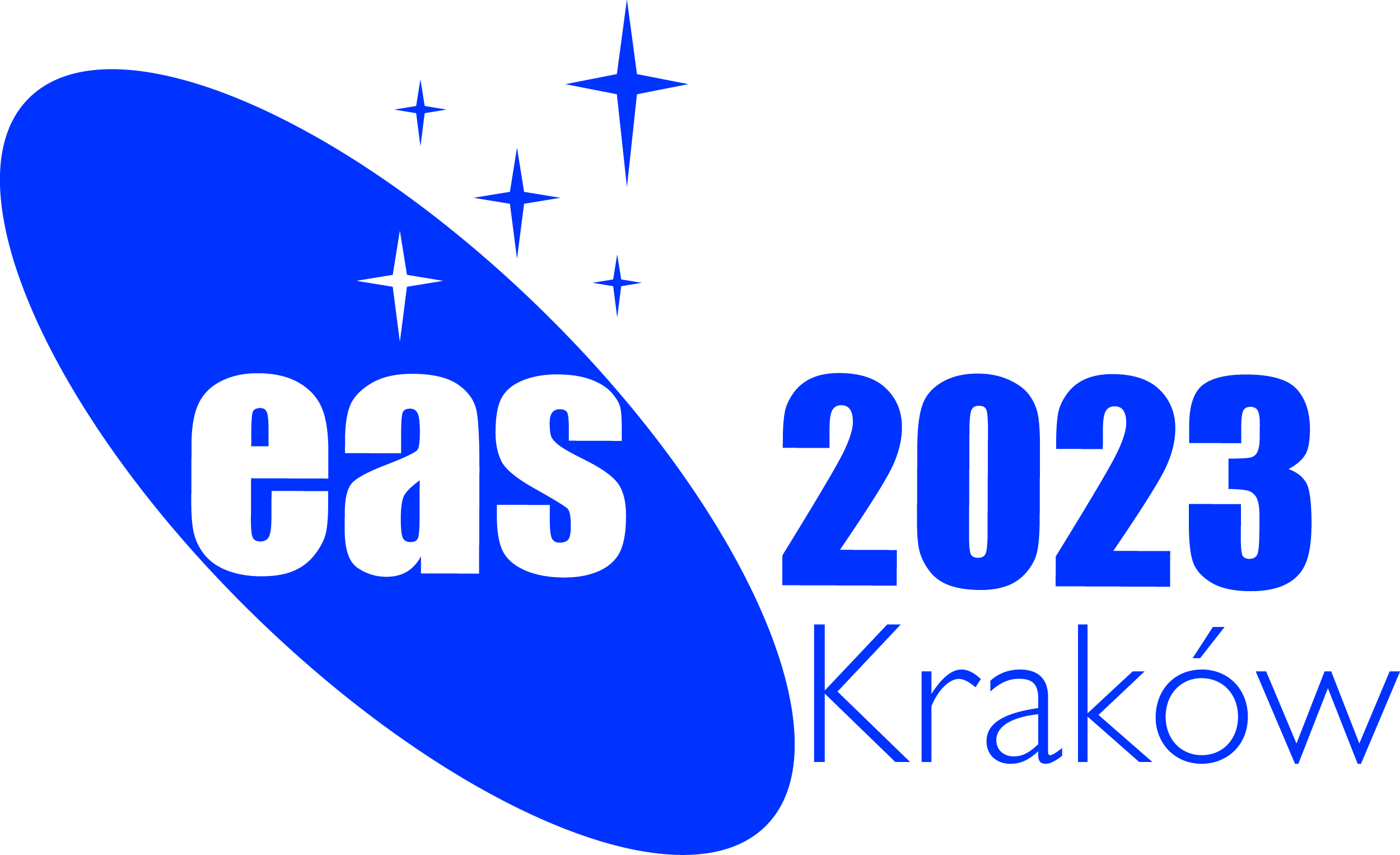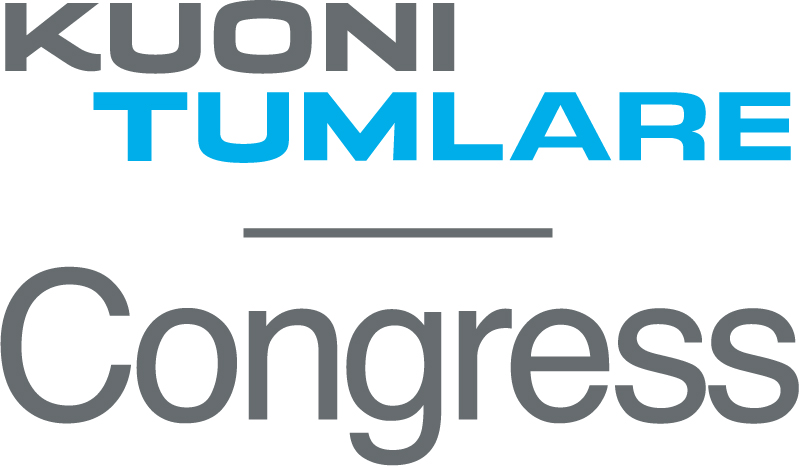
|
Special Session SS1
11 July 2023
Africa-Europe collaborations towards the impact of 2024 IAU GA on astronomy developments
This special session builds on three previous highly successful sessions at EAS2018 (SS23: Reflection on European - African research collaborations in astronomy and space science: opportunities, achievements, challenges, and needs), EAS2020 (SS15: Africa-European collaborations in astronomy and space science: room to grow), and EAS2022 (SS38: Africa-Europe collaborations: current status and the road to 2024). Astronomy is one of the emerging fields in Africa that experienced amazing developments over the last 10 years (see e.g., McBride et al. 2018, Povic et al. 2018). Collaborations with different European research centers, universities, societies, etc., played an important role in that. Over the last few years, many new initiatives and collaborations arose and have been presented and discussed during the last EAS annual meeting in Valencia. For example, the African Astronomical Society (AfAS) became a vibrant and dynamic society and its activities have been presented; South Africa won the bid to host the International Astronomical Union (IAU) General Assembly (GA) in 2024 and had a dedicated lunch session; the African Network of Women in Astronomy (AfNWA) was established and presented many of its activities including the launching of the very first awards for women in astronomy in Africa; different initiatives such as the Development in Africa with Radio Astronomy (DARA), Africa Initiative for Planetary and Space Sciences (AFIPS), and Pan-Africa Planetary and Space Science Network (PAPSSN), among others, presented their current status and many of the activities carried out through close collaborations between Africa and Europe. In addition to these, strong collaborations between the two continents in terms of the development of infrastructure in observational astronomy and site testing experienced also important developments and have been broadly discussed. We can confidently say that all organised Africa-Europe EAS special sessions played an important role in giving visibility to the current status of astronomy developments in Africa and joint initiatives with Europe, and contributed to strengthening the links between the two continents.
Programme
Invited speakers
Scientific organisers
Contact Mirjana Povic (mpovic @ iaa.es), Vanessa McBride (vanessa @ astro4dev.org) Updated on Thu Mar 02 08:12:32 CET 2023
|
||||||||||||
|
European Astronomical Society |
|||||||||||||
 A power cut will shut down all EAS services on Tuesday, 10 January 2017 starting at 7:30 CET.
A power cut will shut down all EAS services on Tuesday, 10 January 2017 starting at 7:30 CET.


